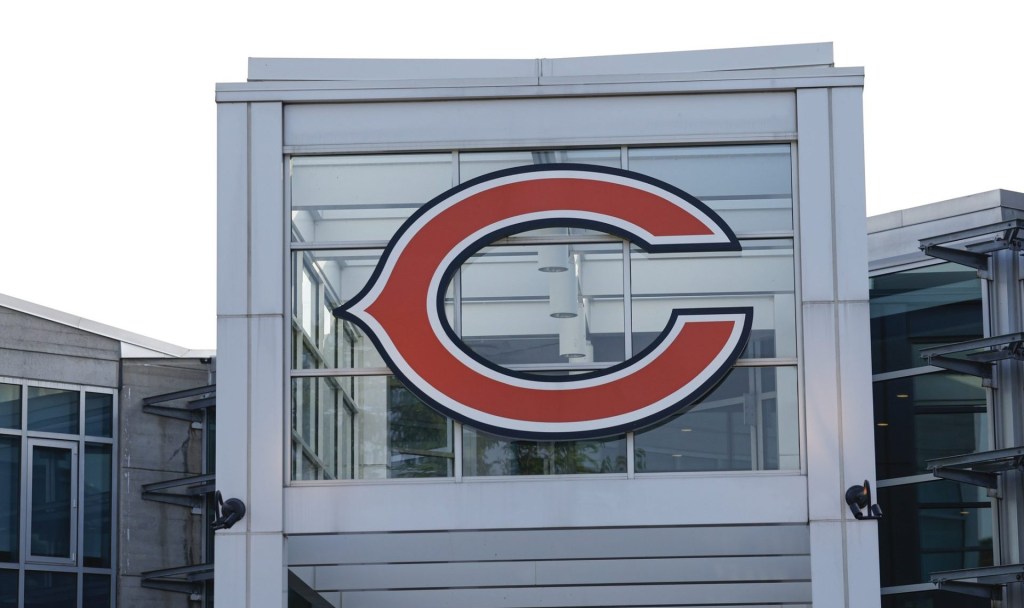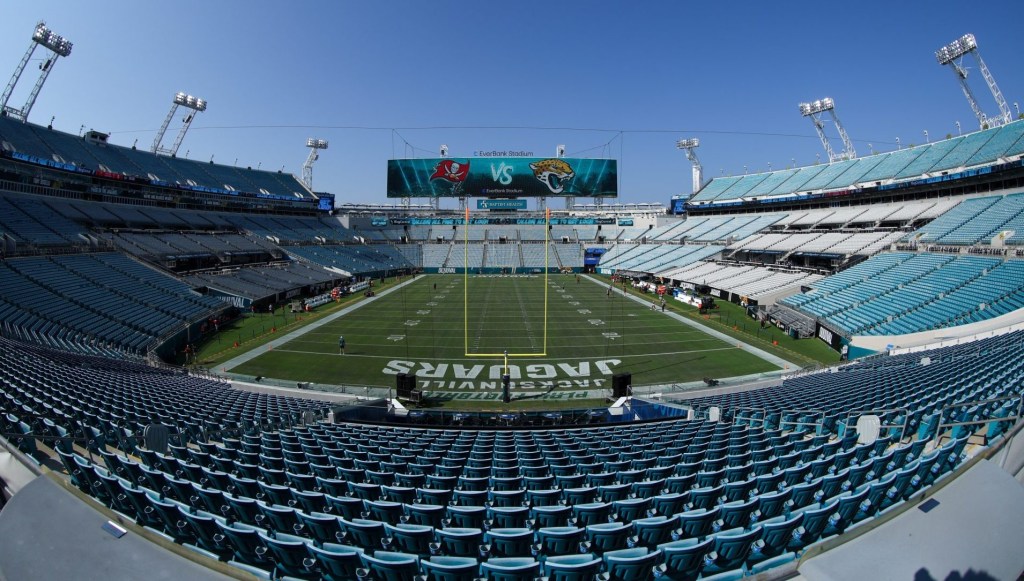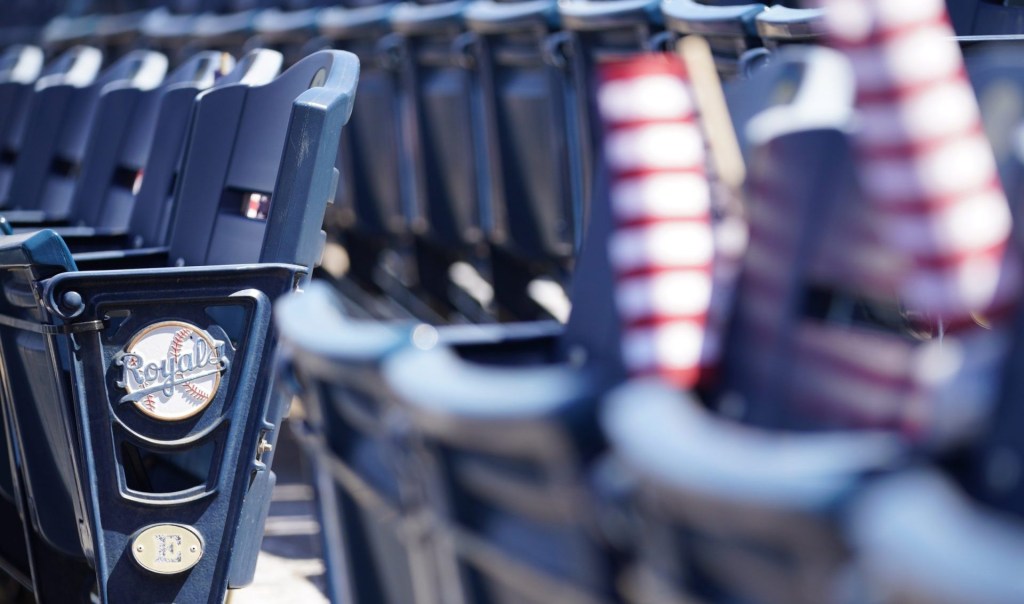The Arizona Coyotes’ latest attempt to build a new arena is facing a fresh obstacle: the NHL Players Association.
Earlier this month, NHLPA executive director Marty Walsh said he was “extremely disappointed” with owner Alex Meruelo and team president Xavier Gutierrez about their not keeping the union apprised of the team’s plans to acquire roughly 100 acres in north Phoenix for a privately financed $3 billion mixed-use arena project with roughly 17,500 seats. But Walsh’s public statements are just part of the Coyotes’ issues with unions that could hamper the team’s latest—and potential final—push to keep the club in Arizona.
Walsh’s comments irked Coyotes management, whose members insist that the new arena plan is solid, a source close to the Coyotes with direct knowledge of the situation told Front Office Sports. That source suggested that Walsh’s “chirping” had contributed to NHL commissioner Gary Bettman “getting skittish” over the team’s future in Arizona.
The Coyotes pivoted to a vacant plot of land managed by the Arizona State Land Department days after Tempe voters in May 2023 rejected three ballot propositions on a proposed $2.1 billion development in the city that included an arena, hotels, shops, restaurants, and nearly 2,000 apartments. The Coyotes are in their second season at the 4,400-seat Mullett Arena, Arizona State’s hockey venue, which the franchise adopted after the Coyotes’ lease wasn’t renewed in Glendale.
Mullett Arena has rankled players and owners alike from the start. When the Coyotes began playing there, in October 2022, the annex for visiting players was still under construction. That meant the visiting team had to dress in the practice rink, which was covered over with boards and carpeting before it was completed in November ’22.
Coyotes execs knew the setup was hardly ideal, but they had regular conversations with then-NHLPA executive director Don Fehr during the transition. The relationship between the Coyotes and the NHLPA, however, chilled after Walsh was appointed last February. Walsh, a former Boston mayor, had served as the labor secretary in President Joe Biden’s administration before he took over for Fehr.
Walsh told reporters at the NHL All-Star Game earlier this month that nobody from the Coyotes had reached out to discuss his “serious concerns” about the team’s arena situation. FOS’s source confirmed that the team hasn’t proactively kept the NHLPA apprised but added that Walsh made those comments without seeking info from the team. That same source alleges that Walsh hasn’t asked for a meeting or information related to the project. (Conversely: One knowledgeable NHLPA source denies that Walsh has a problem with the project and says that Walsh is hopeful the arena issue can finally be solved.)
But the NHLPA is only one part of the Coyotes’ union problem.
Worker Power, a social welfare labor organization, spent more than $480,000 to defeat the Tempe propositions, according to campaign contribution data reviewed by FOS. (About half those funds came from UA Local 469, which represents pipefitters, plumbers, and welders.) And there’s been some spillover to the new project, where local unions are pushing for 100% union labor to construct whatever is built on the open land. The Coyotes countered with a promise to use 25% union labor.
The latest proposed site for a new Coyotes arena was chosen, chiefly, because it would not require approval by voters—and Bettman insisted that any prospective arena site should avoid the referendum process. The land, while undeveloped, does not require remediation, like the former landfill site in Tempe that was voted down.
The Coyotes are the only known group interested in the parcel, but the unions may be counting on a semiconductor company stepping up to bid. The unions have scored wins on that front in the growing sector, including an agreement reached with Taiwan Semiconductor Manufacturing Co. over construction of a Phoenix facility in December.
Meruelo’s original application was for roughly 200 acres of the undeveloped land, but it was revised to approximately half that acreage after the infrastructure costs for the original proposal came to $230 million, double initial estimates.
That revision pushed back the timeline of the bidding process. Once the appraisal for the land is posted as part of the auction by the Arizona State Land Department, it could be roughly three months before a bidder is chosen. Arizona State Land Department spokesperson Lynn Córdova says the appraisal process is still ongoing and, for now, Meruelo is the only bidder.
“We won’t know who the bidders are until they register to bid on the day of the auction,” Córdova says.
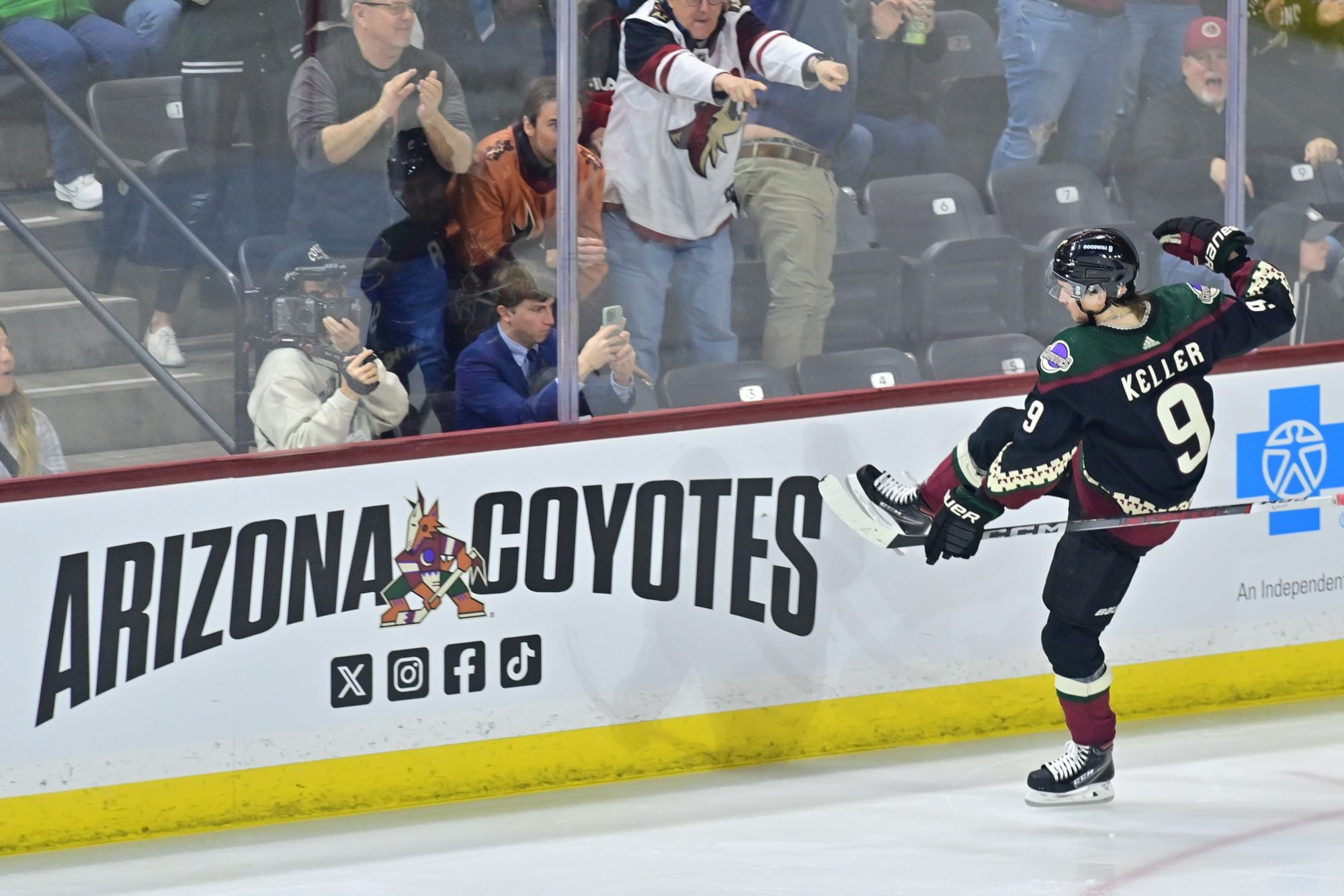

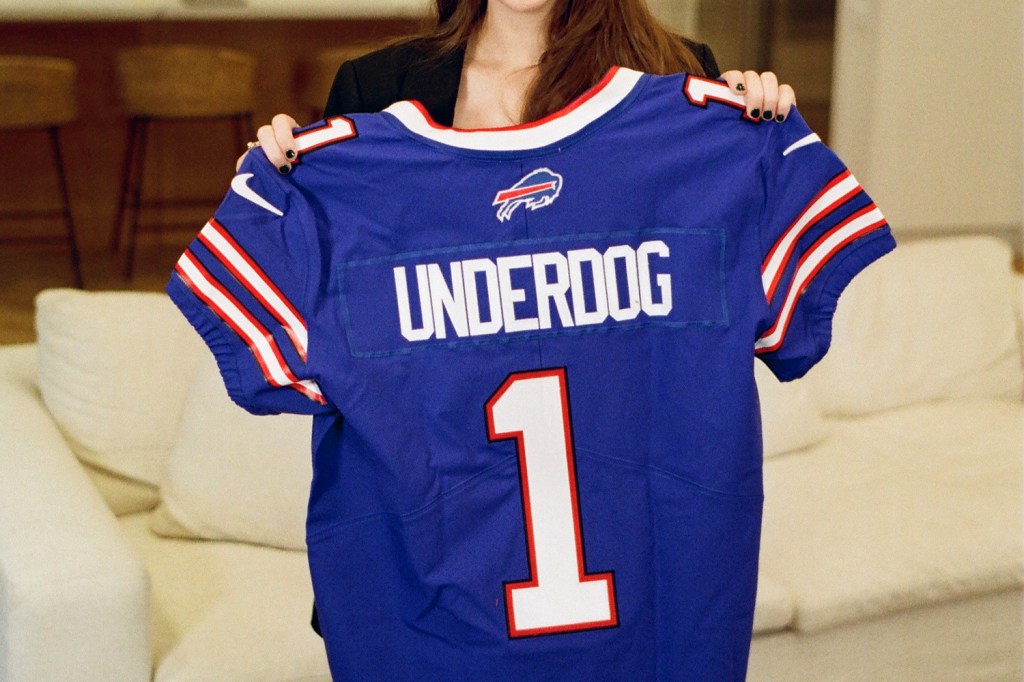



![[Subscription Customers Only] Jun 15, 2025; Seattle, Washington, USA; Botafogo owner John Textor inside the stadium before the match during a group stage match of the 2025 FIFA Club World Cup at Lumen Field.](https://frontofficesports.com/wp-content/uploads/2026/02/USATSI_26465842_168416386_lowres-scaled.jpg?quality=100&w=1024)
![[Subscription Customers Only] Jul 13, 2025; East Rutherford, New Jersey, USA; Chelsea FC midfielder Cole Palmer (10) celebrates winning the final of the 2025 FIFA Club World Cup at MetLife Stadium](https://frontofficesports.com/wp-content/uploads/2026/02/USATSI_26636703-scaled-e1770932227605.jpg?quality=100&w=1024)


